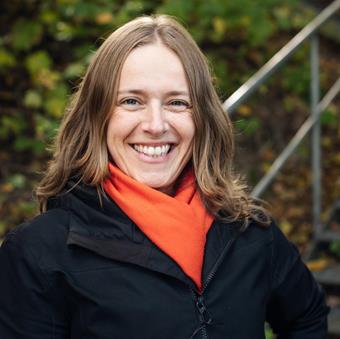The greenhouse gases that our planet emits affect climate-biogeochemistry, regardless if they are natural or human induced. Large amounts of greenhouse gases are emitted not only by land, but also by lakes and rivers. A powerful and, in this aspect, previously underestimated greenhouse gas is methane. Researchers at Tema M identify and analyze the greenhouse gas balance of entire landscape types, soil and water included. How methane is formed, transported and released is a central issue as well as to quantify these emissions. Afforestation and sustainable energy are other factors that affect climate change and that are studied in this area.
Technological manipulation of the earth’s climate is discussed as an opportunity to avert the climate threat. It may concern the issue of soaking up carbon dioxide from the atmosphere, to reflect sunlight, or simulated volcanic eruption. But the techniques are risky and thus politically delicate. Researchers at Tema M study and analyze the scientific as well as the media debate on climate manipulation, Climate Engineering, both in Sweden and internationally.


















